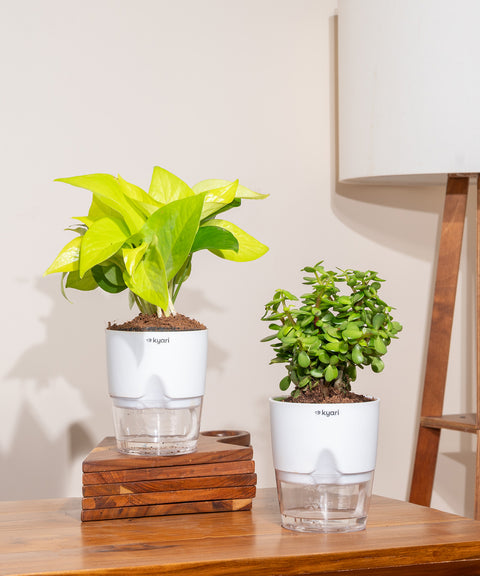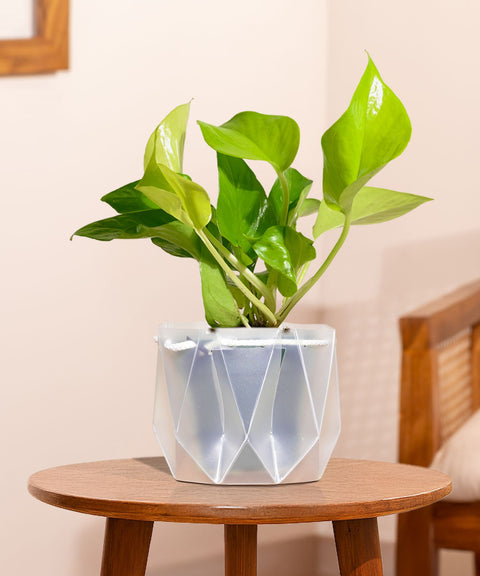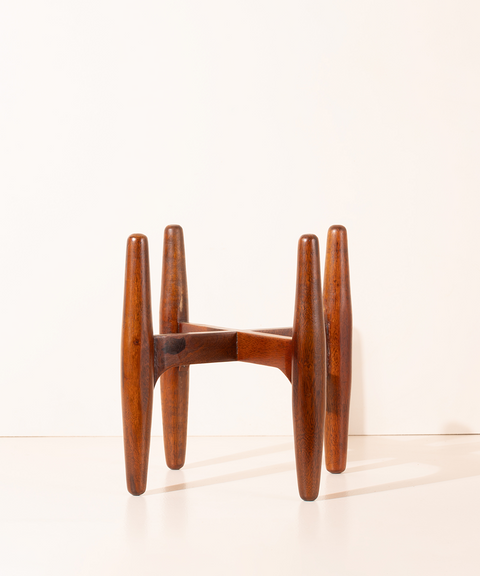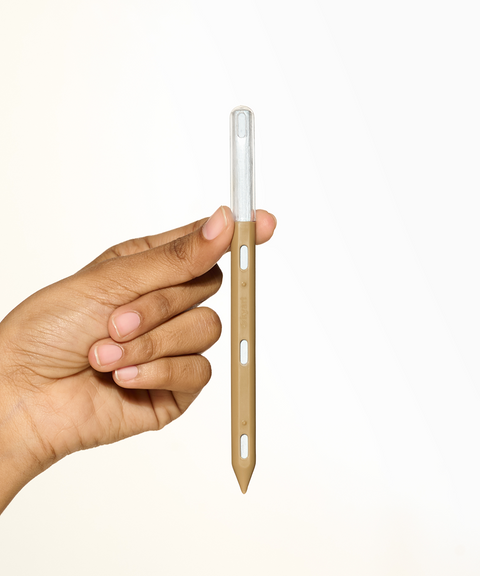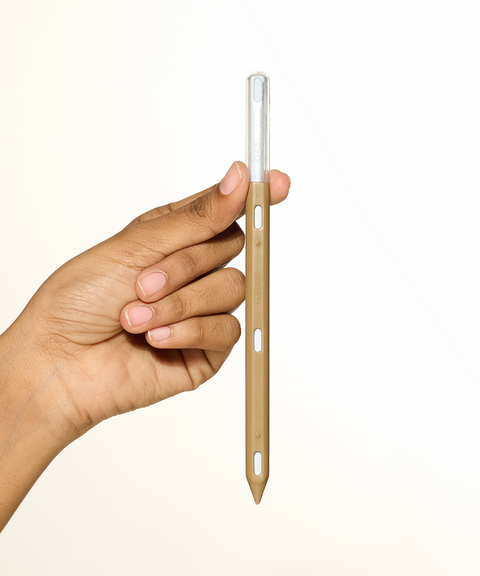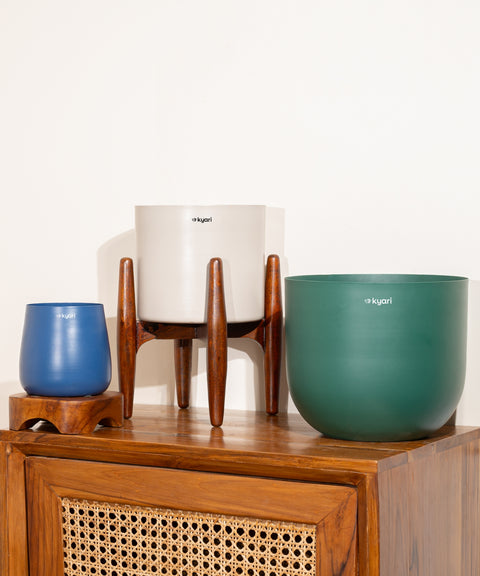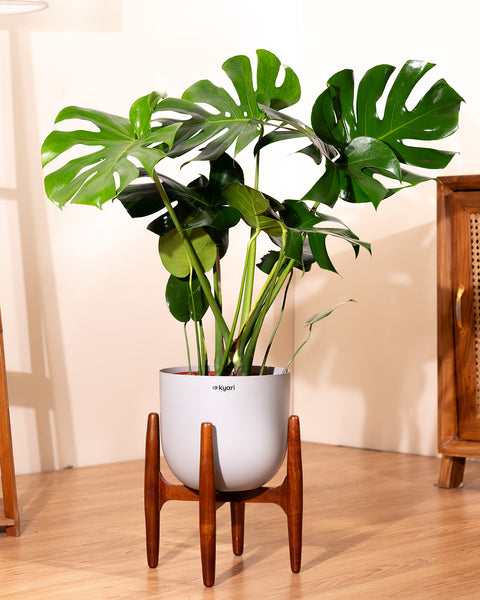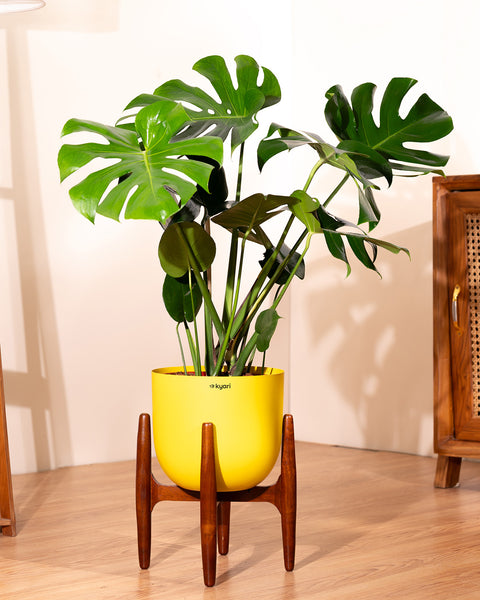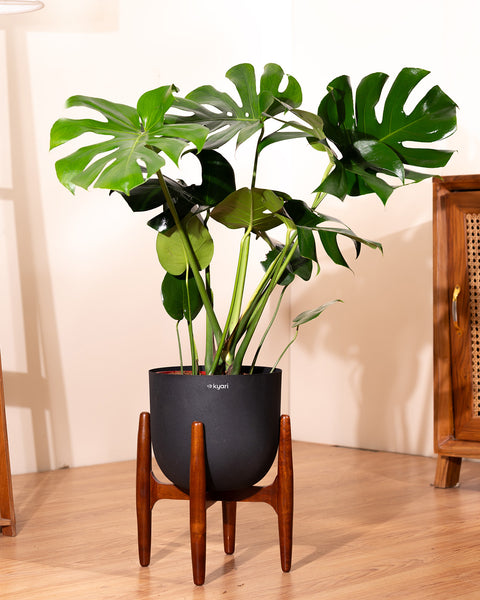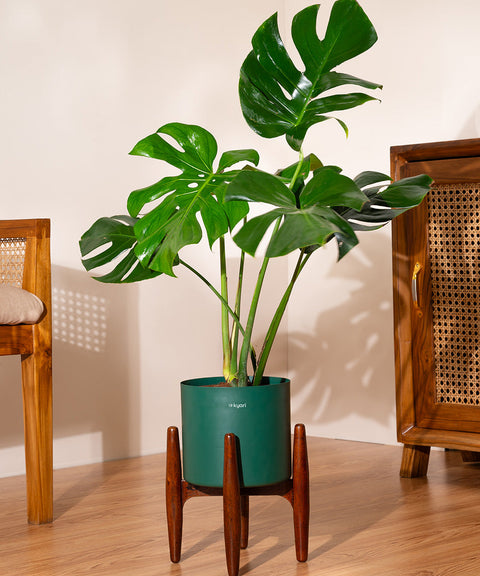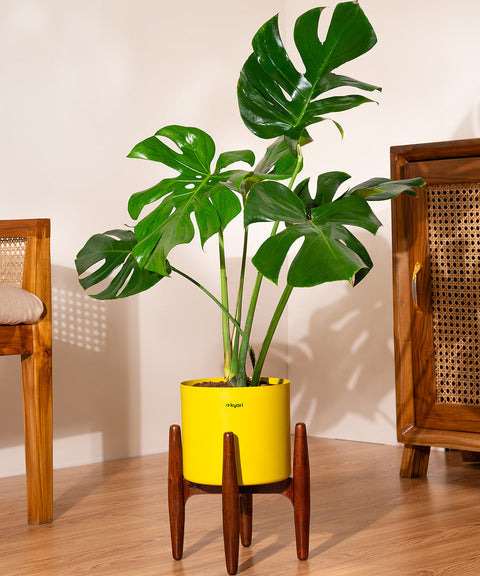About
Peace Lily
The Peace Lily, with its elegant white blooms and lush green foliage, is a popular choice for indoor gardening. Known for its air-purifying abilities, this plant brings tranquility and beauty to any space.
Origin
Native to tropical regions of the Americas and Southeast Asia.
Light
Prefers low to medium, indirect light. Direct sunlight can scorch the leaves. Peace Lilies thrive in shady spots, making them perfect for areas of the home that receive less light.

Water
Water approximately once a week, allowing the soil to dry out slightly between waterings. Peace Lilies are sensitive to overwatering, which can lead to root rot.
Humidity
Thrives in high humidity but can adapt to average household levels. Misting the leaves regularly can help maintain humidity
Peace lilies have a history rooted in peace movements. During the 1970s, they were often gifted to symbolize a truce and harmony. Plus, NASA discovered that these plants can purify the air, making them the perfect house guest—silent, peaceful, and cleaning up after themselves!
Placement
Peace Lilies are known for their ability to purify the air and promote a peaceful environment. Here’s where to place them
Adds elegance and improves air quality. Place it in a corner or on a side table where it can receive indirect light
Enhances focus and reduces stress. Keeping a Peace Lily on your desk can create a more serene and productive workspace
Promotes a restful sleep environment by purifying the air. A Peace Lily in the bedroom can help reduce indoor pollutants and create a calming atmosphere
Frequently Asked Questions
The ideal temperature for a Peace Lily is between 65°F to 80°F (18°C to 27°C). Peace Lilies prefer warm
Water your Peace Lily approximately once a week
Peace Lilies prefer low to medium
Place your Peace Lily in a low to medium light area such as the living room or bedroom. They do well in shady spots and can brighten up darker areas of the home.
Wipe the leaves regularly to keep them free from dust and trim off any brown tips. Regular cleaning helps the plant photosynthesize effectively.
Drooping leaves can be caused by underwatering or overwatering. Adjust watering schedule to ensure soil is evenly moist.
Brown leaf tips can be caused by low humidity or exposure to cold drafts. Increase humidity and ensure the plant is not exposed to cold drafts.
Keep the plant clean by wiping the leaves and inspecting regularly for pests. Use insecticidal soap if necessary. Peace Lilies are generally pest-resistant but can occasionally attract spider mites or aphids.
Yellowing leaves indicate overwatering or poor drainage. Allow the soil to dry out between waterings and ensure the pot has proper drainage.
Brown leaves can indicate low humidity or sunburn. Increase humidity and provide filtered sunlight during peak hours








 Limited Time Deal
Limited Time Deal
 BYOB - Small Plants
BYOB - Small Plants










